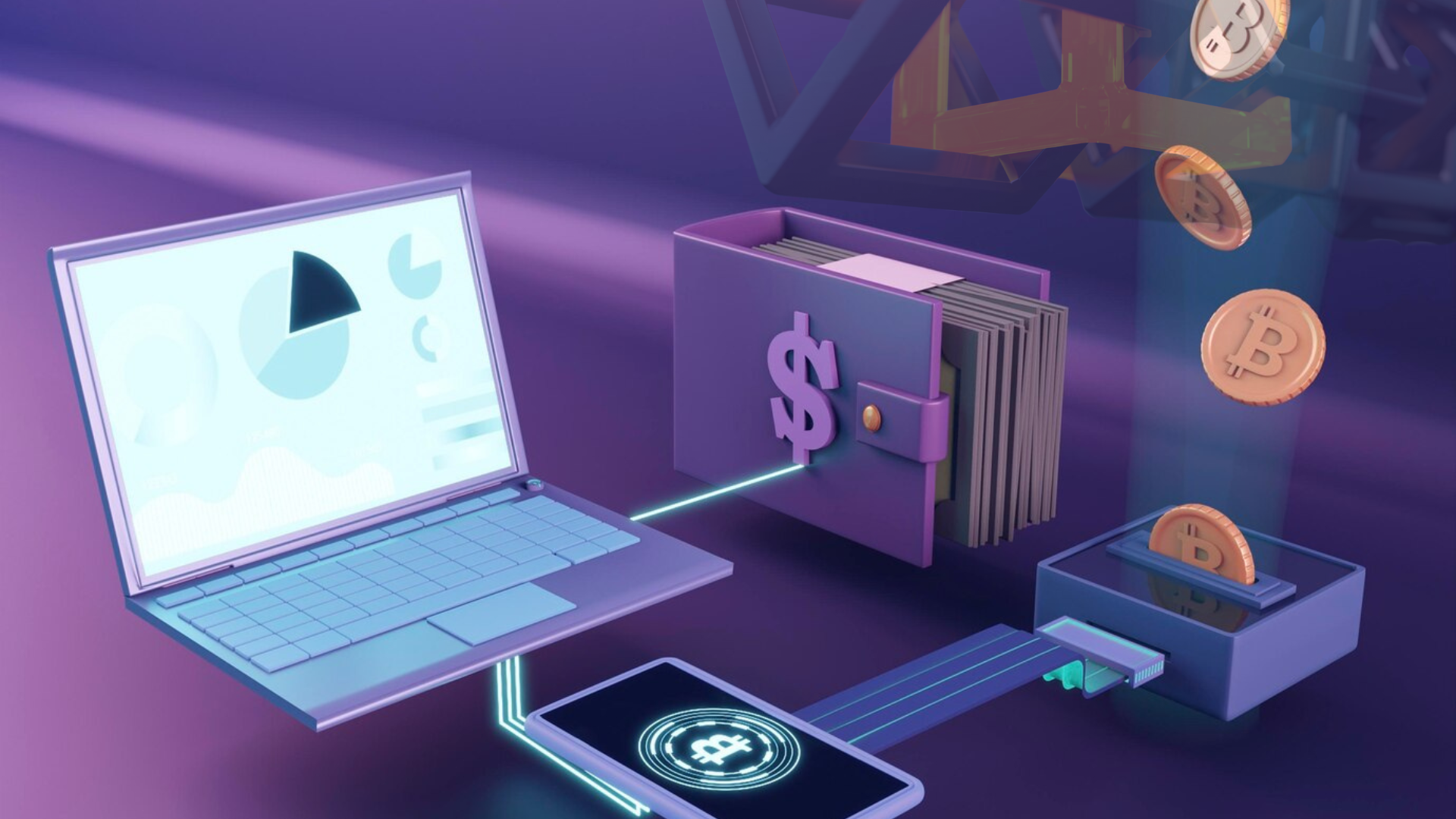
New Russian-language no-KYC crypto exchanges continue to emerge, often rebranded versions of previously shut-down platforms, according to blockchain forensic firm Chainalysis. In a February 19 blog post, the firm noted that despite repeated enforcement actions, these platforms persist. However, overall inflows have declined, indicating that U.S. and international sanctions may be limiting their financial reach.
Sanctioned Banks and Lack of Legal Oversight
Many of these platforms operate in Russian and frequently collaborate with sanctioned Russian banks. Chainalysis points out that these exchanges typically lack official incorporation or registration details, making it difficult to determine their legal jurisdiction. This anonymity allows them to function outside traditional regulatory frameworks, complicating enforcement efforts.
Chainalysis did not provide exact numbers regarding the number of new platforms or their transaction volumes. However, the firm’s data suggests that in 2024, over 100 no-KYC Russian crypto platforms were active, receiving more than $1.5 billion in value.
Crackdowns on Crypto Services in Russia
In early February, Russia’s telecom watchdog Roskomnadzor blocked access to BestChange, one of Eastern Europe and Russia’s largest crypto over-the-counter (OTC) aggregators. This ban followed Russia’s introduction of a new Bitcoin mining and crypto advertising law, which prohibits ads for digital assets and any services facilitating crypto transactions using Russian infrastructure.
Concerns Over Russian Bitcoin Miners’ Data
Meanwhile, Russian Bitcoin miners are raising concerns about a new government registry that collects sensitive data, including crypto wallet addresses. Russian lawmaker Anton Gorelkin, who oversees information policy, warned that if leaked, this data could become a “big gift to our geopolitical opponents.”
Despite increasing sanctions and regulatory pressures, no-KYC crypto exchanges in Russia continue to resurface. However, the decline in inflows suggests that enforcement measures may be having an impact. With stricter regulations and crackdowns on crypto services, the future of these platforms remains uncertain as governments ramp up their oversight efforts.


















































































































































































































































































































































































































































































































































































































































































































































































































































































































































































































































































































